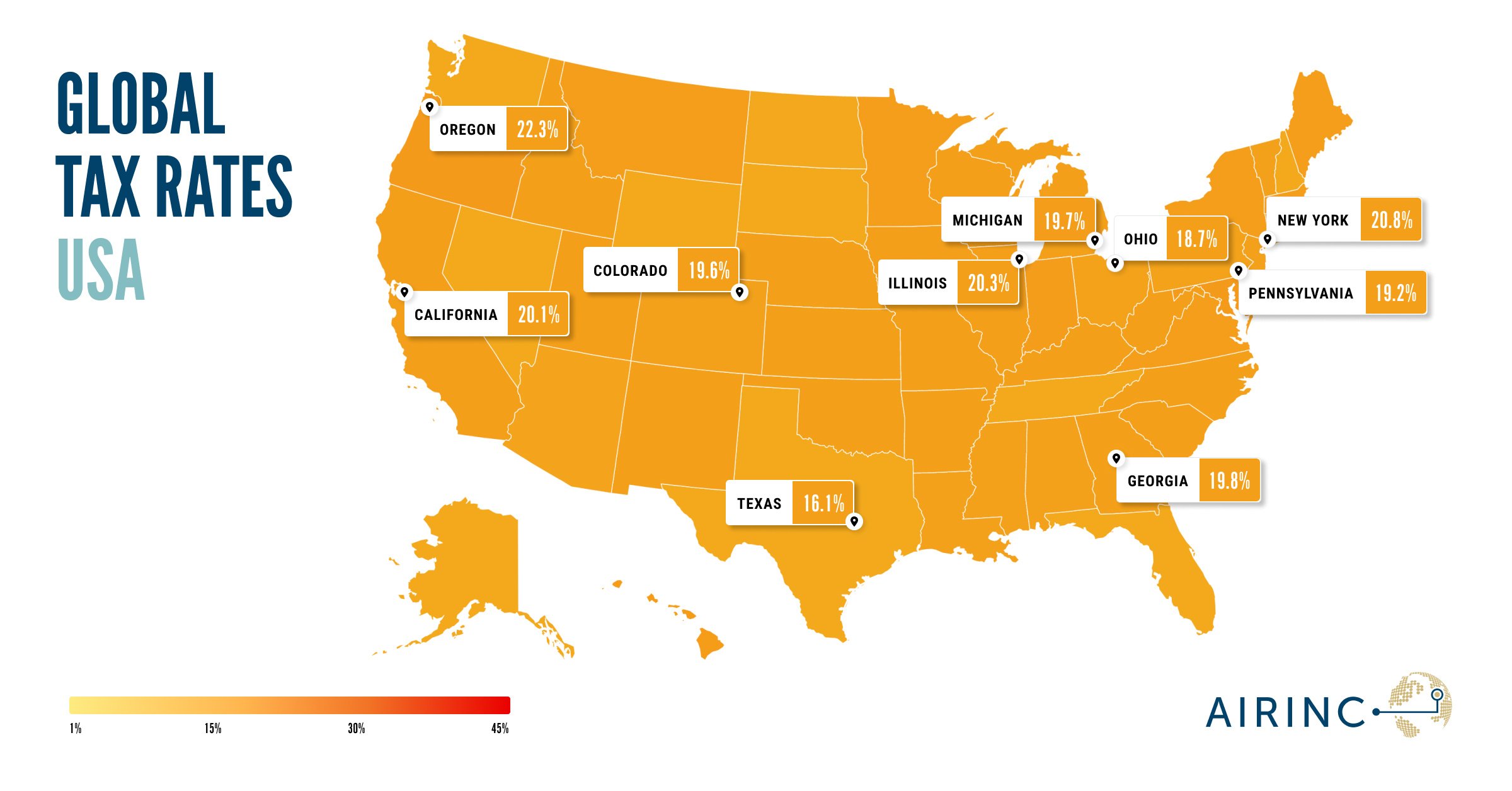There are two recent important legislation developments that impact income taxation in the United States.
First, on August 10th, the U.S. Senate passed HR 3684, “Infrastructure Investment and Jobs Act”, a $1 trillion bipartisan bill (69-30 Senate vote). The bipartisan bill will inject large federal spending on transportation, high-speed internet, clean energy, water, and environment.
The majority of the revenue in the bipartisan bill is envisioned to be generated from the expansion of information reporting requirements on digital assets (cryptocurrency). The reporting would be similar to current requirements on foreign financial accounts and assets, with stiff penalties assessed on non-compliance. The reporting would allow the IRS to tax the capital gains associated with buying and selling the digital assets, which are currently difficult to track and assess due to the anonymous nature of the industry. The global crypto market cap is estimated at more than $1.5 trillion.
The Senate also cleared a $3.5 trillion budget resolution that would allow Democrats to achieve their tax agenda with only their razor-thin Senate majority, bypassing the 60-vote procedural obstacle.
The Senate Budget Committee released a memorandum outlining the numerous tax priorities of the resolution, including:
- Increasing the corporate tax rate to at least 25%
- Increasing the individual top marginal rate from 37% to 39.6%
- Increasing the capital gains tax rate to 28% or higher for high-income earners
- Creating a stronger base erosion and anti-abuse tax (BEAT)
- Relief or removal of the current cap on state and local income tax (SALT) deductions
- IRS tax enforcement, with a focus on high-income earners
- Cryptocurrency reporting
The budget resolution provides Democrats the opportunity to enact transformational tax legislation without Republican votes but will still require all 50 Senate Democrats to agree on a package. Democrats will attempt to progress the legislation prior to the end of 2021, and no later than the vital mid-term elections in November 2022.
Learn more about international tax here, or contact us to learn more




%20(77)%20(1).png)



